Milkman: A Novel
ISBN-10: 1644450003
ISBN-13 : 978-1644450000
Publisher : Graywolf Press; Reprint edition (December 4, 2018)
Language : English
Paperback: 360 pages
Reading Age : None
Dimensions : 5.56 x 0.99 x 8.28 inches
Item Weight : 1 pounds
$9.99 $8.99
Description
Winner of the Man Booker Prize “Everything about this novel rings true. . . . Original, funny, disarmingly oblique and unique.”― The Guardian In an unnamed city, middle sister stands out for the wrong reasons. She reads while walking, for one. And she has been taking French night classes downtown. So when a local paramilitary known as the milkman begins pursuing her, she suddenly becomes “interesting,” the last thing she ever wanted to be. Despite middle sister’s attempts to avoid him―and to keep her mother from finding out about her maybe-boyfriend―rumors spread and the threat of violence lingers. Milkman is a story of the way inaction can have enormous repercussions, in a time when the wrong flag, wrong religion, or even a sunset can be subversive. Told with ferocious energy and sly, wicked humor, Milkman establishes Anna Burns as one of the most consequential voices of our day.
Additional information
| Format | Paperback |
|---|

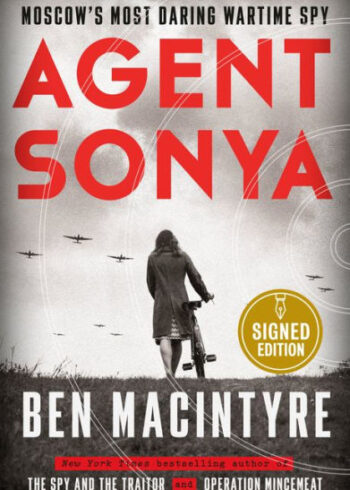


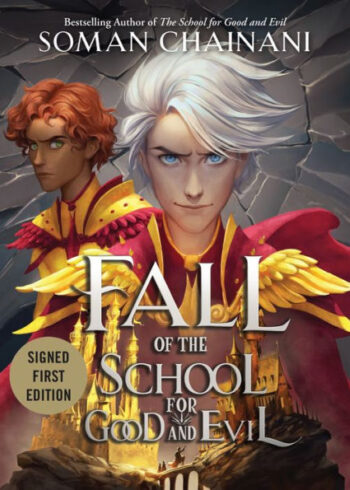

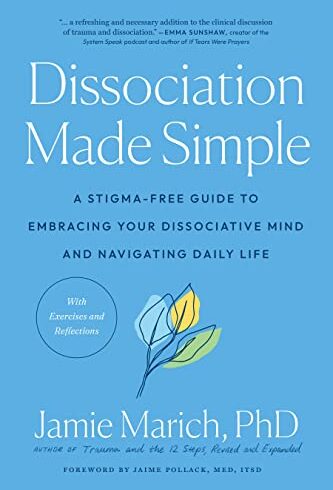
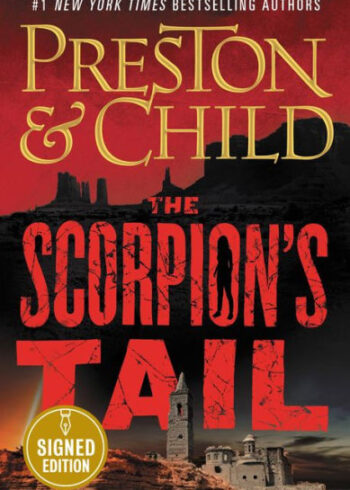
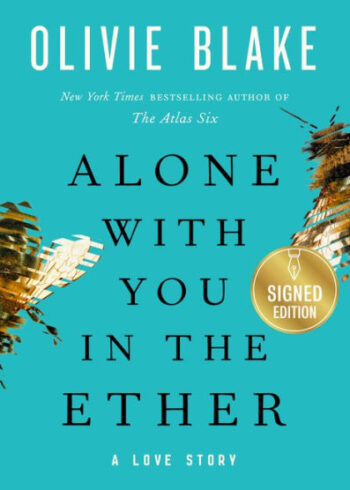

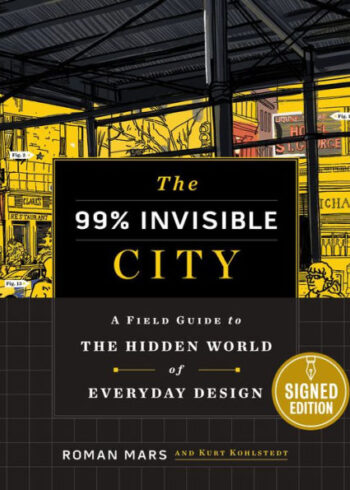
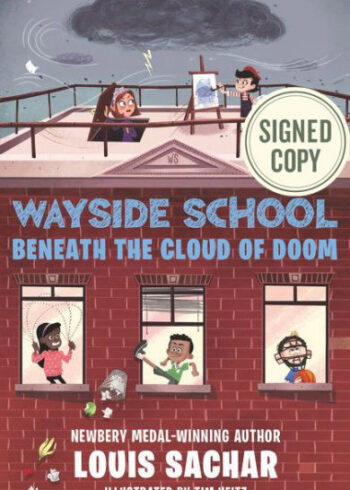
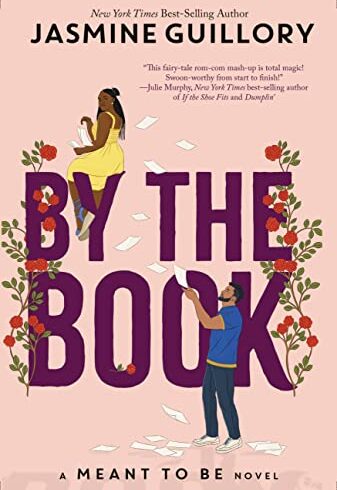
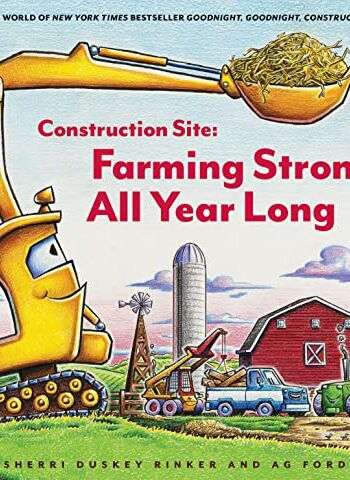


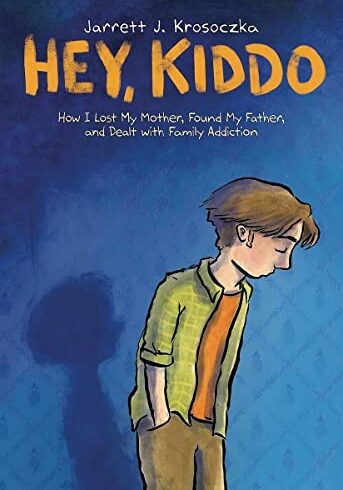

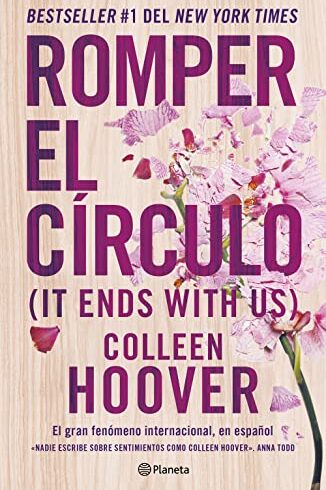



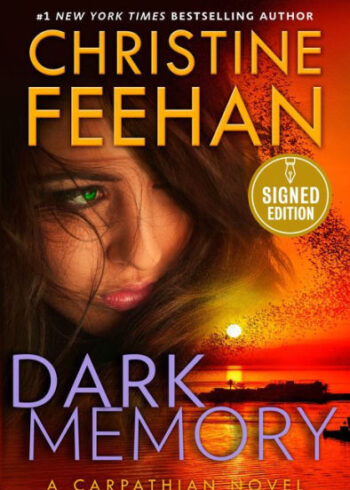
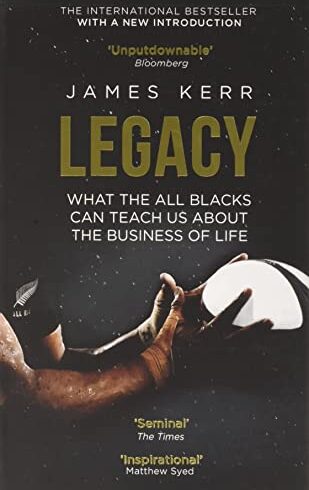

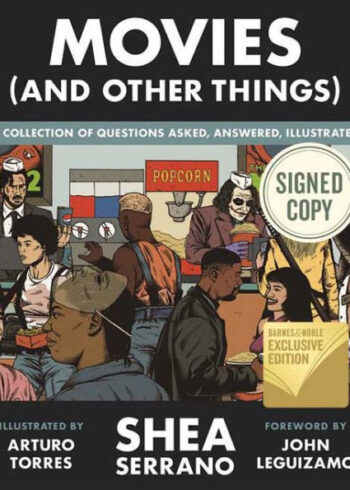
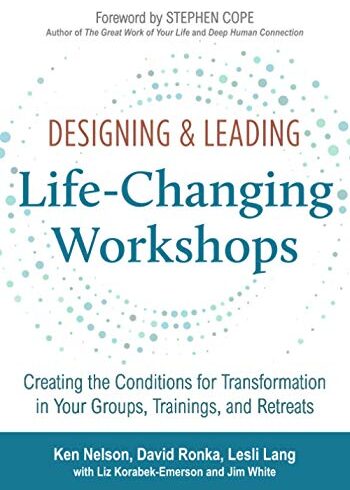
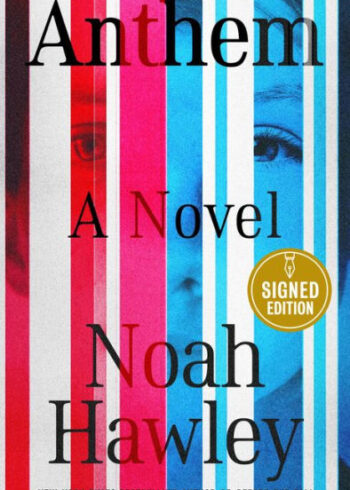
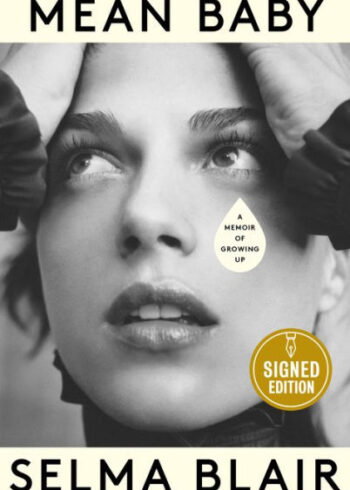
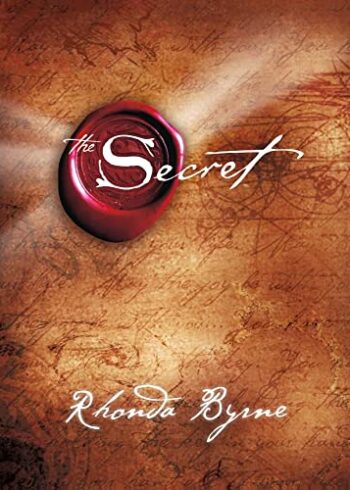











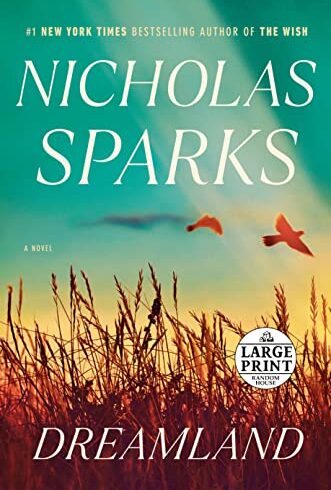
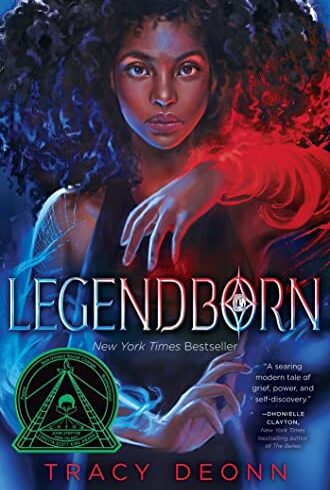
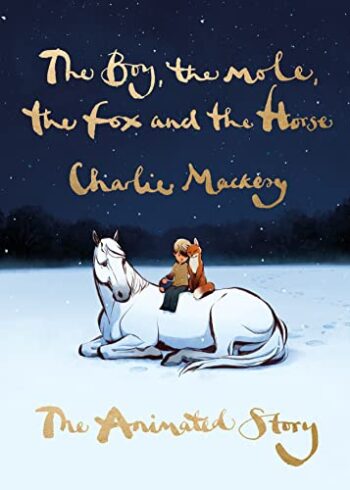
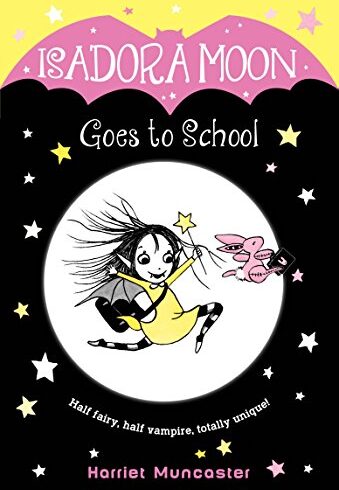
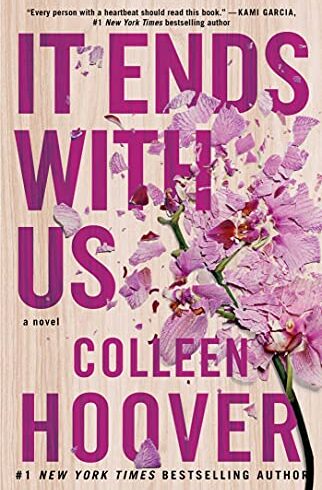
Katherine Y –
Have you ever been seated next to an articulate teenaged girl who wants to tell you her life story without taking a breath between sentences? That’s what reading this story is like. Before I convince you not to read this book, let me give you a few reasons why you should., First, the voice of the girl (she remains nameless like almost all the characters) is interesting. She’s 18 and lives in Northern Ireland during the 1970s when political violence between religions and bombings were at a peak. The girl is trying to live her life and figure out where she stands with her maybe-boyfriend, avoid her mother’s attempts to marry her off to someone suitable and indulge her love of eighteenth-century literature without standing out. Standing out is bad in their community and a sure way to be lumped into what local society deems “beyond the pales.” These social outcasts are crazy, dangerous or both. They include people like the poison tablets girl who tries to slip something in the drinks of her perceived enemies (which are just about everyone) and “the man who doesn’t love anybody” because he never married after his first love spurned him., The girl is cautioned by her mother, sister, and friends that she may be lumped into the socially avoided group if she doesn’t stop her habit of reading while walking which the whole community thinks is weird. On top of her being noticed as taking solitary walks with a book in her hand, a paramilitary man in his 40s known as the Milkman begins paying unwelcome attention to her. He offers her rides whenever he sees her walking. He has a lot of power and is involved in much of the violence. She feels trapped, knowing she can’t offend him, yet is repulsed by his attention., The story is engaging conveying the sense of paranoia and unease that is a part of her life in this place in this time. Being labeled “different” could heap a whole lot of trouble on that person, their family, and their friends. This community polices itself and handles conflicts internally. Who you are inside is nowhere near as important as whom you are perceived to be., Finally, the style is startlingly different. Anna Burn’s novel is told entirely by the girl in a breathless train of thought. Her observations can be wickedly funny or unbearably sad. You’ll find yourself needing to come up for air often because she’s not the type of narrator you can attend to for long stretches.
Katherine Y –
Have you ever been seated next to an articulate teenaged girl who wants to tell you her life story without taking a breath between sentences? That’s what reading this story is like. Before I convince you not to read this book, let me give you a few reasons why you should., First, the voice of the girl (she remains nameless like almost all the characters) is interesting. She’s 18 and lives in Northern Ireland during the 1970s when political violence between religions and bombings were at a peak. The girl is trying to live her life and figure out where she stands with her maybe-boyfriend, avoid her mother’s attempts to marry her off to someone suitable and indulge her love of eighteenth-century literature without standing out. Standing out is bad in their community and a sure way to be lumped into what local society deems “beyond the pales.” These social outcasts are crazy, dangerous or both. They include people like the poison tablets girl who tries to slip something in the drinks of her perceived enemies (which are just about everyone) and “the man who doesn’t love anybody” because he never married after his first love spurned him., The girl is cautioned by her mother, sister, and friends that she may be lumped into the socially avoided group if she doesn’t stop her habit of reading while walking which the whole community thinks is weird. On top of her being noticed as taking solitary walks with a book in her hand, a paramilitary man in his 40s known as the Milkman begins paying unwelcome attention to her. He offers her rides whenever he sees her walking. He has a lot of power and is involved in much of the violence. She feels trapped, knowing she can’t offend him, yet is repulsed by his attention., The story is engaging conveying the sense of paranoia and unease that is a part of her life in this place in this time. Being labeled “different” could heap a whole lot of trouble on that person, their family, and their friends. This community polices itself and handles conflicts internally. Who you are inside is nowhere near as important as whom you are perceived to be., Finally, the style is startlingly different. Anna Burn’s novel is told entirely by the girl in a breathless train of thought. Her observations can be wickedly funny or unbearably sad. You’ll find yourself needing to come up for air often because she’s not the type of narrator you can attend to for long stretches.
Katherine Y –
Have you ever been seated next to an articulate teenaged girl who wants to tell you her life story without taking a breath between sentences? That’s what reading this story is like. Before I convince you not to read this book, let me give you a few reasons why you should., First, the voice of the girl (she remains nameless like almost all the characters) is interesting. She’s 18 and lives in Northern Ireland during the 1970s when political violence between religions and bombings were at a peak. The girl is trying to live her life and figure out where she stands with her maybe-boyfriend, avoid her mother’s attempts to marry her off to someone suitable and indulge her love of eighteenth-century literature without standing out. Standing out is bad in their community and a sure way to be lumped into what local society deems “beyond the pales.” These social outcasts are crazy, dangerous or both. They include people like the poison tablets girl who tries to slip something in the drinks of her perceived enemies (which are just about everyone) and “the man who doesn’t love anybody” because he never married after his first love spurned him., The girl is cautioned by her mother, sister, and friends that she may be lumped into the socially avoided group if she doesn’t stop her habit of reading while walking which the whole community thinks is weird. On top of her being noticed as taking solitary walks with a book in her hand, a paramilitary man in his 40s known as the Milkman begins paying unwelcome attention to her. He offers her rides whenever he sees her walking. He has a lot of power and is involved in much of the violence. She feels trapped, knowing she can’t offend him, yet is repulsed by his attention., The story is engaging conveying the sense of paranoia and unease that is a part of her life in this place in this time. Being labeled “different” could heap a whole lot of trouble on that person, their family, and their friends. This community polices itself and handles conflicts internally. Who you are inside is nowhere near as important as whom you are perceived to be., Finally, the style is startlingly different. Anna Burn’s novel is told entirely by the girl in a breathless train of thought. Her observations can be wickedly funny or unbearably sad. You’ll find yourself needing to come up for air often because she’s not the type of narrator you can attend to for long stretches.
Kaui –
Anna Burns’ use of language is skillful, artful and evocative. She explores the role of power, gender and social mores in the context of a young lady in small unnamed town (though clearly set in Dublin, Ireland) who values being unseen, unnoticed but is very much seen and noticed by a neighborhood Man of Consequence. The book delves into how she hides from the world, herself and notoriety, and how her very attempts to hide bring her to the attention of this thug and the neighborhood. No names are given until later in the novel. The lack of names for characters and places lend a timelessness to this story that makes it applicable anywhere, at anytime, as the struggle between knowledge and ignorance, notoriety and anonymity, power and powerlessness exist always, no matter the era, no matter the setting. The language is difficult; this is not a casual read. However for those who persevere, I suspect you will find the book worthwhile, especially if you take the time to research some of the aspects of the novel which are strong reprentations of Ireland’s history.
Kaui –
Anna Burns’ use of language is skillful, artful and evocative. She explores the role of power, gender and social mores in the context of a young lady in small unnamed town (though clearly set in Dublin, Ireland) who values being unseen, unnoticed but is very much seen and noticed by a neighborhood Man of Consequence. The book delves into how she hides from the world, herself and notoriety, and how her very attempts to hide bring her to the attention of this thug and the neighborhood. No names are given until later in the novel. The lack of names for characters and places lend a timelessness to this story that makes it applicable anywhere, at anytime, as the struggle between knowledge and ignorance, notoriety and anonymity, power and powerlessness exist always, no matter the era, no matter the setting. The language is difficult; this is not a casual read. However for those who persevere, I suspect you will find the book worthwhile, especially if you take the time to research some of the aspects of the novel which are strong reprentations of Ireland’s history.
Kaui –
Anna Burns’ use of language is skillful, artful and evocative. She explores the role of power, gender and social mores in the context of a young lady in small unnamed town (though clearly set in Dublin, Ireland) who values being unseen, unnoticed but is very much seen and noticed by a neighborhood Man of Consequence. The book delves into how she hides from the world, herself and notoriety, and how her very attempts to hide bring her to the attention of this thug and the neighborhood. No names are given until later in the novel. The lack of names for characters and places lend a timelessness to this story that makes it applicable anywhere, at anytime, as the struggle between knowledge and ignorance, notoriety and anonymity, power and powerlessness exist always, no matter the era, no matter the setting. The language is difficult; this is not a casual read. However for those who persevere, I suspect you will find the book worthwhile, especially if you take the time to research some of the aspects of the novel which are strong reprentations of Ireland’s history.
Sen Peng Eu –
I gave up this book once on the first 50 pages. At first it reads nothing but a lot of inner murmuring from the stream of consciousness of an 18-years-old and too-over-sensitive girl., (Before this book I read a plot-oriented bestseller and had been accustomed to the quick pace of the reading. Hence the fact that in this book nothing really happens in the first 50 pages does annoy me. ), But for some discipline I tried to pick it over again and this time slow down my pace. Then I found the beauty of this book. What you should do is just to follow the eyes and the thoughts of our protagonist, the you will know her world, her reason, the actions of the characters, then the inevitability, the hollowness, and the absurdity of their whole world. You will be sympathetic with them., This book worths. Do not give it up so soon.
Sen Peng Eu –
I gave up this book once on the first 50 pages. At first it reads nothing but a lot of inner murmuring from the stream of consciousness of an 18-years-old and too-over-sensitive girl., (Before this book I read a plot-oriented bestseller and had been accustomed to the quick pace of the reading. Hence the fact that in this book nothing really happens in the first 50 pages does annoy me. ), But for some discipline I tried to pick it over again and this time slow down my pace. Then I found the beauty of this book. What you should do is just to follow the eyes and the thoughts of our protagonist, the you will know her world, her reason, the actions of the characters, then the inevitability, the hollowness, and the absurdity of their whole world. You will be sympathetic with them., This book worths. Do not give it up so soon.
Sen Peng Eu –
I gave up this book once on the first 50 pages. At first it reads nothing but a lot of inner murmuring from the stream of consciousness of an 18-years-old and too-over-sensitive girl., (Before this book I read a plot-oriented bestseller and had been accustomed to the quick pace of the reading. Hence the fact that in this book nothing really happens in the first 50 pages does annoy me. ), But for some discipline I tried to pick it over again and this time slow down my pace. Then I found the beauty of this book. What you should do is just to follow the eyes and the thoughts of our protagonist, the you will know her world, her reason, the actions of the characters, then the inevitability, the hollowness, and the absurdity of their whole world. You will be sympathetic with them., This book worths. Do not give it up so soon.